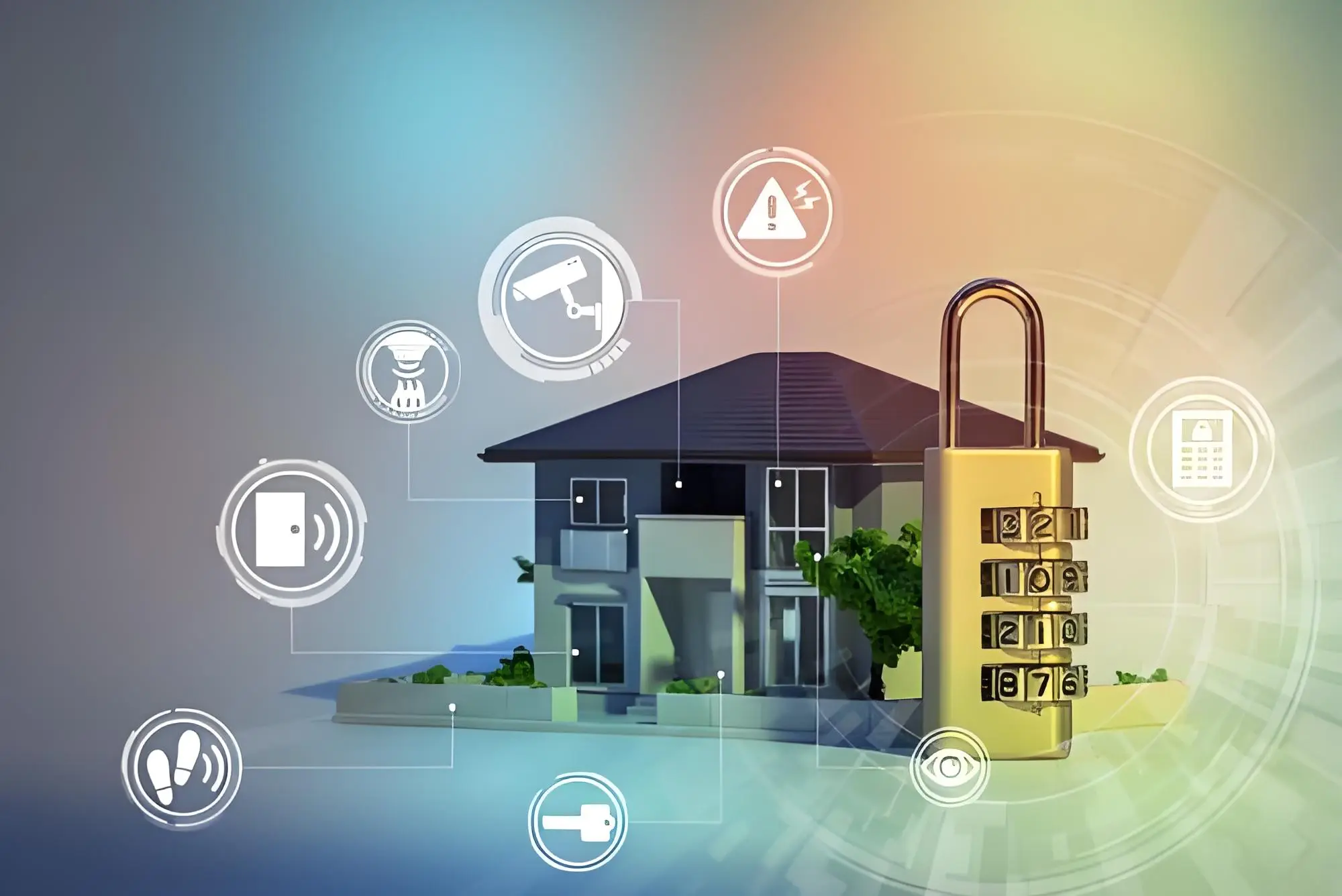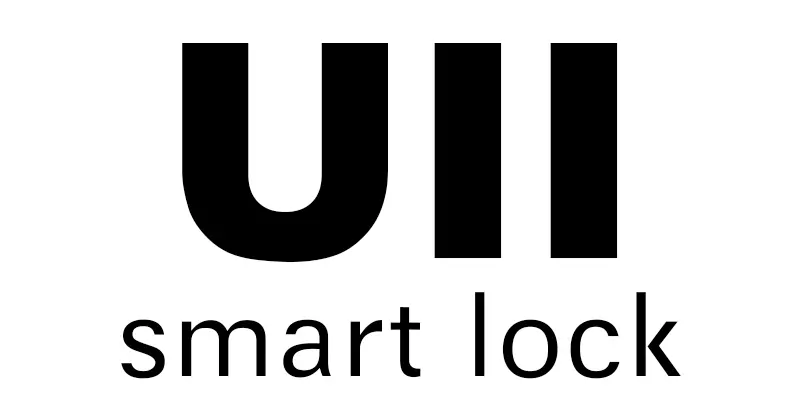
Smart home security systems are essential for keeping our homes safe. These systems include various devices and technologies to help protect our property and loved ones. With the rise in smart home technology, more people are choosing smart security systems. These systems are easy to use and offer advanced features like mobile control and AI. In this guide, we’ll explore the best smart home security systems, key features, how to choose the right one, and more.
Features of Smart Home Security Systems
Smart home security systems come with many devices and features to ensure safety.
- Components and Devices
- Cameras: Indoor and outdoor cameras help monitor your home. They provide live feeds and record events.
- Motion Sensors and Detectors: These detect movement and send alerts to your phone.
- Smart Locks: Control your remote control door lock remotely and check if doors are locked.
- Doorbell Cameras: See who is at your door and communicate with them through your phone.
- Technology Integration
- AI and Machine Learning: These technologies help in recognizing faces and reducing false alarms.
- Cloud Storage: Store video footage securely online.
- Mobile App Control: Manage your security system from anywhere using your smartphone.
- Home Automation Compatibility: Integrate with Alexa, Google Home, and other smart devices for a seamless experience.
Top Smart Home Security Systems of 2024
Here are the top smart home security systems you should consider:
- Comprehensive Reviews
- Best Overall: SimpliSafe offers a range of features at a reasonable price. It’s easy to set up and use.
- Best for Budget: Wyze Home Monitoring is affordable and reliable.
- Best for Customization: Abode lets you customize your security setup to fit your needs.
- Best for Ease of Use: Ring Alarm is user-friendly with simple installation and operation.
- Best for Advanced Features: ADT provides advanced security features and professional monitoring.
How to Choose the Right Smart Home Security System
Choosing the right system can be tricky. Consider these factors:
- Home Size and Layout: Larger homes may need more cameras and sensors.
- Specific Security Needs: Identify what you need most, like cameras or smart locks.
- Budget: Choose a system that fits your budget without compromising safety.
- Compatibility with Existing Smart Home Devices: Ensure the system works well with your current devices.
Here’s a quick comparison table to help:
| System | Features | Price | Ease of Use |
|---|---|---|---|
| SimpliSafe | Comprehensive features | $$ | Easy |
| Wyze | Budget-friendly | $ | Moderate |
| Abode | Highly customizable | $$ | Moderate |
| Ring Alarm | User-friendly | $$ | Easy |
| ADT | Advanced features, monitored | $$$ | Professional |
Installation and Setup
Installing your system can be either professional or DIY.
- Professional vs. DIY Installation
- Professional: Ensures correct installation but may be expensive.
- DIY: Cost-effective and flexible but requires some effort.
- Step-by-Step Setup Guide
- Choose the right locations for devices.
- Follow the manufacturer’s instructions.
- Test the system to ensure everything works properly.
Maintenance and Troubleshooting
Regular maintenance is key to keeping your system effective.
- Routine Maintenance Tips
- Check and replace batteries regularly.
- Update software and firmware.
- Clean cameras and sensors to ensure clear footage.
- Common Issues and Solutions
- Connectivity Problems: Ensure a stable internet connection.
- False Alarms: Adjust sensitivity settings or reposition sensors.
Future Trends in Smart Home
Smart home is always evolving.
- Emerging Technologies
- Developments in AI: Improved face and activity recognition.
- Advances in Biometric Security: Enhanced fingerprint and facial recognition.
- Market Predictions
- Expected Growth: More homes will adopt smart security systems.
- Innovation Areas: Look for more integration with other smart home devices.
Conclusion
In summary, smart home security systems are vital for protecting your home. They offer various features like cameras, smart locks, and mobile control. When choosing a system, consider your home size, budget, and compatibility with existing devices. Regular maintenance ensures your system stays effective. As technology advances, expect even more features and better integration.
